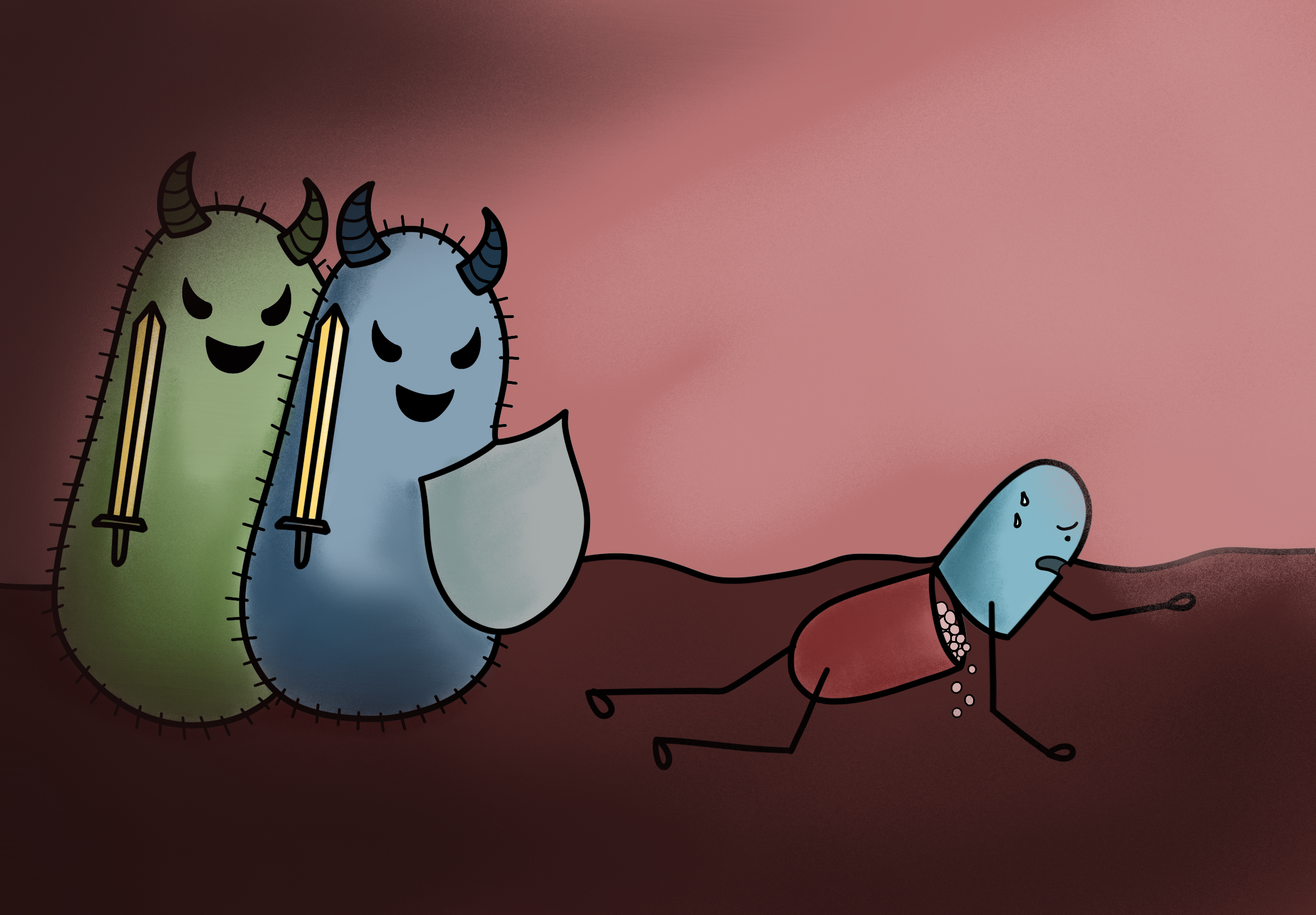Starting a science degree at McGill can feel overwhelming. Between heavy course loads, fast-paced lectures, and the pressure to perform, many students struggle to find study strategies that work for them. SciLearn, a program run by McGill’s Office of Science Education (OSE), aims to change this. Grounded in neuroscience, SciLearn[Read More…]
Science & Technology
The latest in science and technology.
Fact or Fiction: Can artificial intelligence use reduce users’ cognitive skills over time?
Artificial Intelligence (AI) tools now shape how many students tackle tasks such as essay writing, problem-solving, and even brainstorming ideas. Across online platforms, users claim that their reliance on AI has compromised their vocabulary, writing abilities, and creativity, raising concerns about a weakening of cognitive skills overall. However, from a[Read More…]
Refuting students’ false mathematical arguments with counterexamples
When today’s elementary school students learn about fractions, they are sometimes asked to explain how they reason, for example, that one fraction is greater than another. By constructing their own arguments to explain how they came to a particular mathematical conclusion, they take on more agency in their own learning.[Read More…]
Vroom! Reintroducing McGill Formula Electric
If you’ve walked through the McConnell Engineering Building, you may have wondered why on earth a racecar sits in the centre of the lobby. It seems vaguely fitting—after all, it is the engineering building—but the central questions remain: Who built it, and why? The answer: McGill Formula Electric (MFE). MFE[Read More…]
Uncovering Parkinson’s disease
Parkinson’s disease (PD) results from the progressive loss of specific brain cells responsible for movement. As these neurons deteriorate, patients experience tremors and difficulty with balance and coordination. Although treatments can alleviate specific symptoms, nothing slows the progression of the disease. Projections estimate that by 2031, approximately 163,000 Canadians will[Read More…]
The McGill Engine Centre’s 11th annual innovation celebration
On the rainy evening of Nov. 27, the McGill Engine Centre hosted its 11th annual celebration of innovation and entrepreneurship at the Redpath Museum. The event highlighted the students, faculty, and researchers who applied innovative tech solutions to real-world problems with the help of Engine. In an interview with The[Read More…]
Do good, feel good: Volunteering and its potential benefits to youth mental health
What if youth engagement in civic activities—volunteering, activism, and advocacy—did more than help communities? What if it also improved the mental health of volunteers? While traditional approaches to mental health include psychotherapy, cognitive behavioural therapy, and pharmacological treatments, some McGill researchers are exploring how civic involvement can contribute to positive[Read More…]
ChatGPT, three years in
Across higher education, professors, students, and administrators are grappling with how to respond to the widespread availability of fast, free, and increasingly capable chatbots like ChatGPT. In a survey conducted by The Tribune with 46 McGill undergraduate participants, only one in five students reported not using ChatGPT for class, while[Read More…]
A world in decline: Can ecological restoration reverse the damage?
Human activity has degraded or destroyed many ecosystems; an estimated 75 per cent of the Earth’s land surface has been significantly altered by human activity. This degradation contributes to climate change, reduces water quality, degrades soils, and disrupts pollination patterns. Restoration of degraded ecosystems may serve as a solution to[Read More…]
World Antimicrobial Resistance Awareness Week at McGill
Every year, from Nov. 18 to Nov. 24, the World Health Organization (WHO) observes World Antimicrobial Resistance Awareness Week (WAAW), recognizing antimicrobial resistance (AMR) as one of the greatest modern threats to global development and public health. AMR was responsible for 1.27 million deaths worldwide in 2019 alone. McGill’s own[Read More…]













